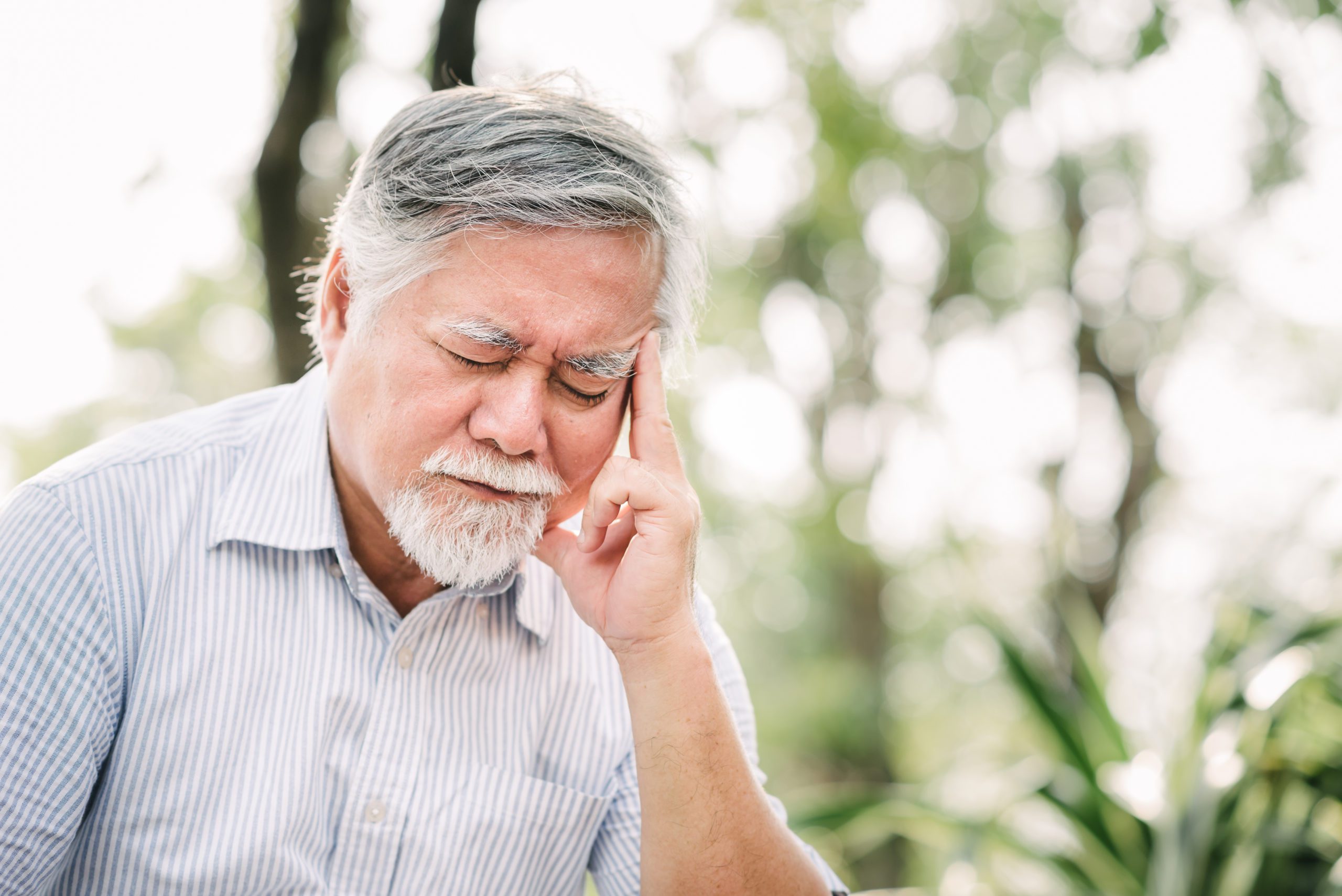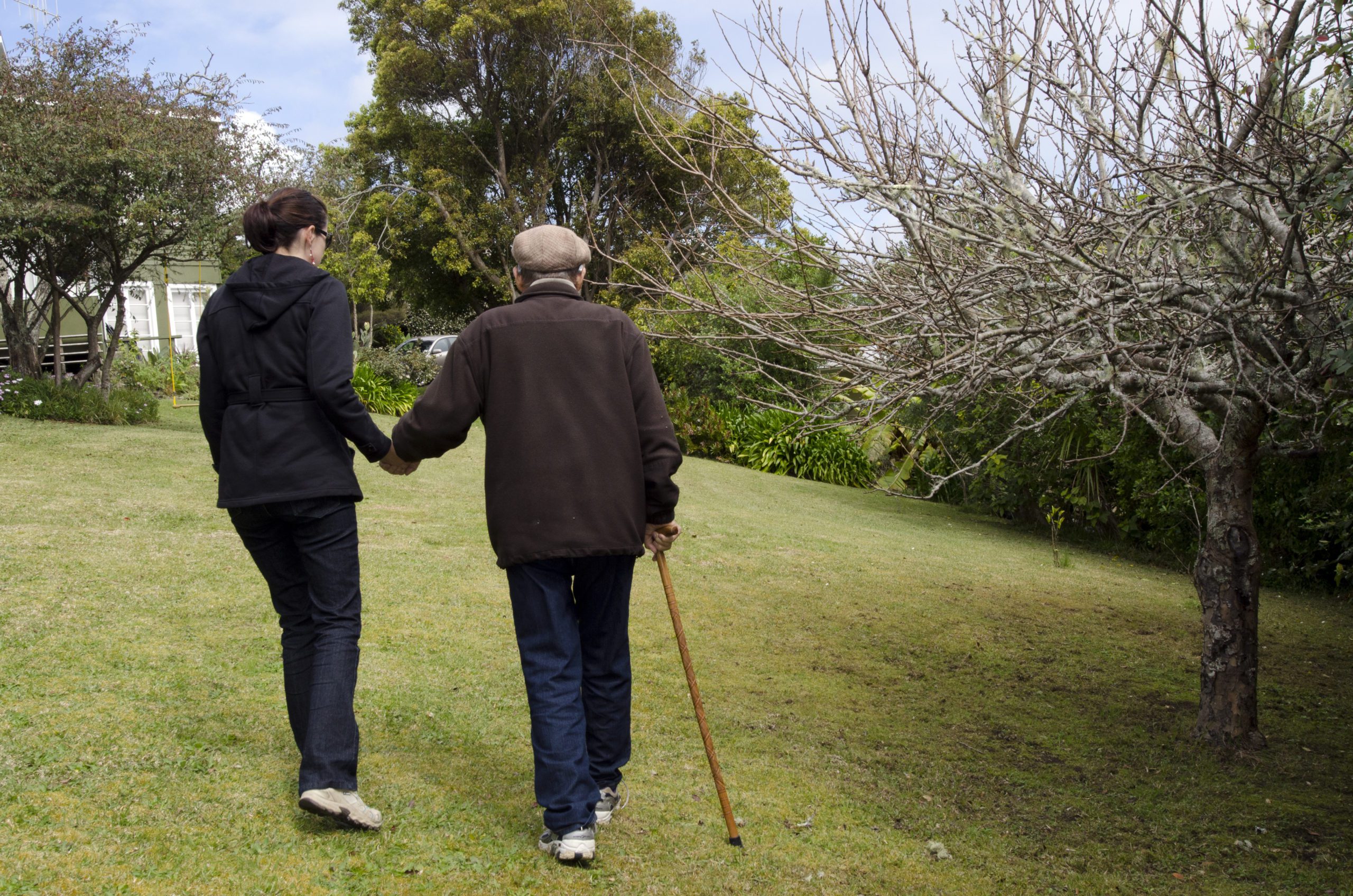In our minds, it is a very scary circumstance when someone suffering from severe depression or dementia has access to a weapon. If suicidal thoughts were to enter the equation, then having a nearby gun could be extremely dangerous to their well being. And it’s worth noting that seniors may be especially vulnerable to this type of scenario, as referenced in a new article on The Fix website.
According to stats they published from The Annals of Internal Medicine, as many as 16 percent of senior Americans with symptoms of mental illness have guns in their home. Couple that with the fact that men aged 65 and above have the greatest U.S. rate of suicide (particularly from firearms) and you can see the dark direction of these situations.
In the dementia scenario, things can take an even more dangerous turn. Confused older Americans may accidentally turn the gun on a spouse or a family member in the home who they may no longer recall. It’s a more common issue than you may think, with more than 100 cases per year of people with dementia injuring themselves or others with a gun.
The Internal Medicine study cited all of these risks, believing that this issue deserves national attention. Co-author Ali Rowhani-Rahbar was quoted in the article, emphasizing that firearms safety is essential for people suffering from these types of diagnoses.
“If we were doing a good job in promoting gun safety, you would expect that the prevalence of living in a home with a gun or unsafe storage would be lower when somebody’s experiencing dementia or suicide risk factors, right?” he explained in the article. “But the lack of any difference indicates that many of the guidelines or recommendations so far have fallen short and we need to be much more active about promoting firearms safety.”
We understand that gun control is a very delicate topic in this country. But wherever your leanings may lie, there is no denying that people with dementia or severe depression could pose a big risk if they have regular weapon access.
Particularly in the case of afflicted seniors, having close family members monitor and properly store firearms is essential. And in both cases, getting older Americans into proper treatment programs can make a world of difference as well.
For depression and suicidal thoughts, we highly recommend getting in touch with our trained professionals. Choosing to live isolated and armed is simply not the proper solution.




